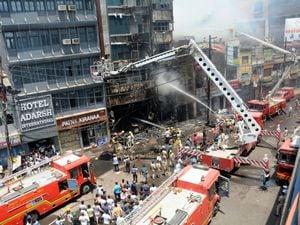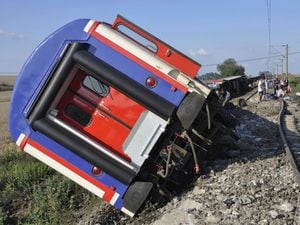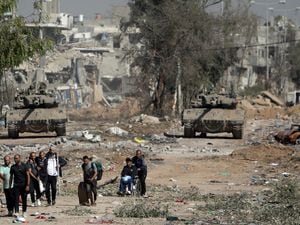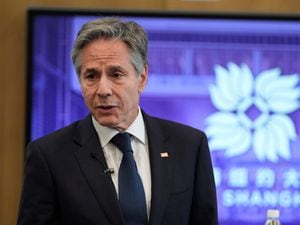Warnings raised about chemicals before deadly Lebanon explosion
President Michel Aoun, in office since 2016, said he was first told of the dangerous stockpile nearly three weeks ago.
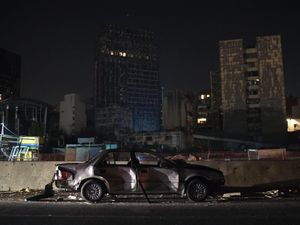
Concerns were raised about a stockpile of explosive chemicals being kept without safeguard at least 10 times before the deadly explosion in Beirut, newly surfaced documents show.
The Lebanese capital was the scene of widespread devastation on Tuesday when 2,750 tons of ammonium nitrate blew up, killing dozens and injuring thousands more.
President Michel Aoun, in office since 2016, said he was first told of the dangerous stockpile nearly three weeks ago and immediately ordered military and security agencies to do “what was needed”.
But he suggested his responsibility ended there, saying he had no authority over the port and that previous governments had been told of the presence of the cargo.

“Do you know how many problems have been accumulating?” Mr Aoun replied when a reporter pressed whether he should have followed up on his order.
The ammonium nitrate, a chemical used in fertilisers and explosives, originated from a cargo ship called MV Rhosus that had been travelling from Georgia to Mozambique in 2013.
It made an unscheduled detour to Beirut as the Russian ship owner was struggling with debts and hoped to earn some extra cash in Lebanon.
Unable to pay port fees and reportedly leaking, the ship was impounded.
The first known document about it came on February 21 2014, three months after the ship’s arrival.
Colonel Joseph Skaff, a senior customs official, wrote to the customs authority’s anti-smuggling department warning the material still on board the ship docked at port was “extremely dangerous and endangers public safety”.
Further concerns were raised in June 2014 and Badri Daher, the head of the customs department, said he and his predecessor sent six letters to a judge warning about the danger.
Investigators probing the blast have focused on personnel at the Port of Beirut, Lebanon’s main port and at least 16 port employees have been detained and others questioned.

The explosion of the ammonium nitrate, after apparently being set off by a fire, was the biggest in Lebanon’s history.
The known death toll reached 154, including bodies recovered from the rubble on Friday, and more than 5,000 people were wounded.
Mr Aoun’s comments on Friday were the most senior confirmation that top politicians had been aware of the stockpile.
“The material had been there for seven years, since 2013. It has been there, and they said it is dangerous and I am not responsible. I don’t know where it was placed. I don’t even know the level of danger. I have no authority to deal directly with the port,” he told a news conference.

